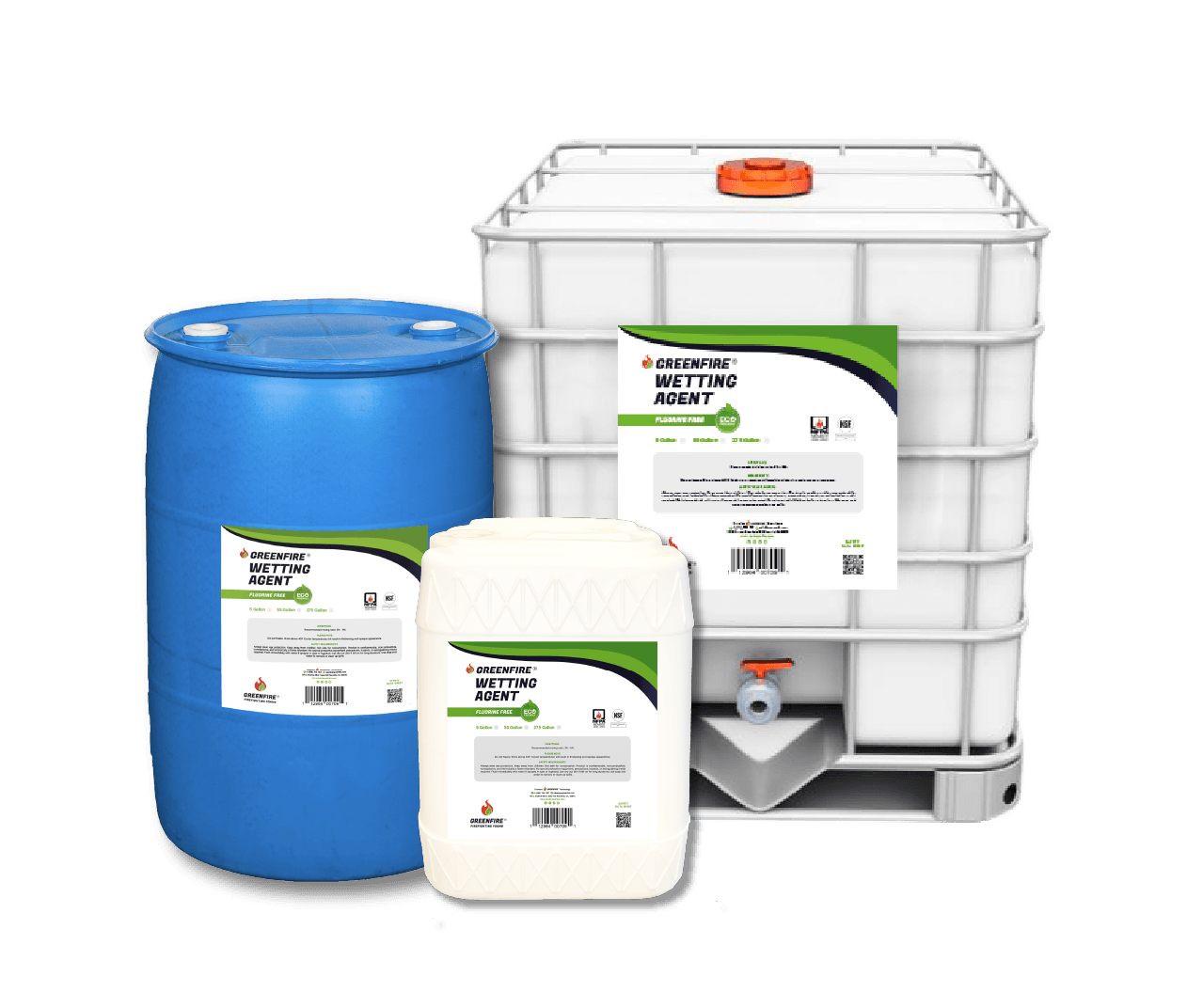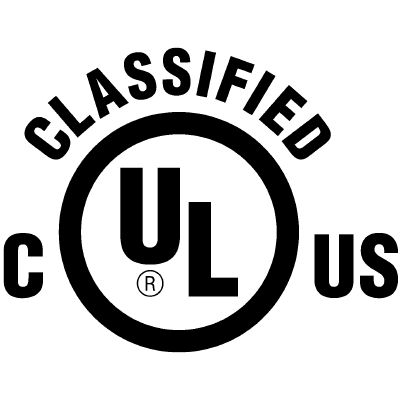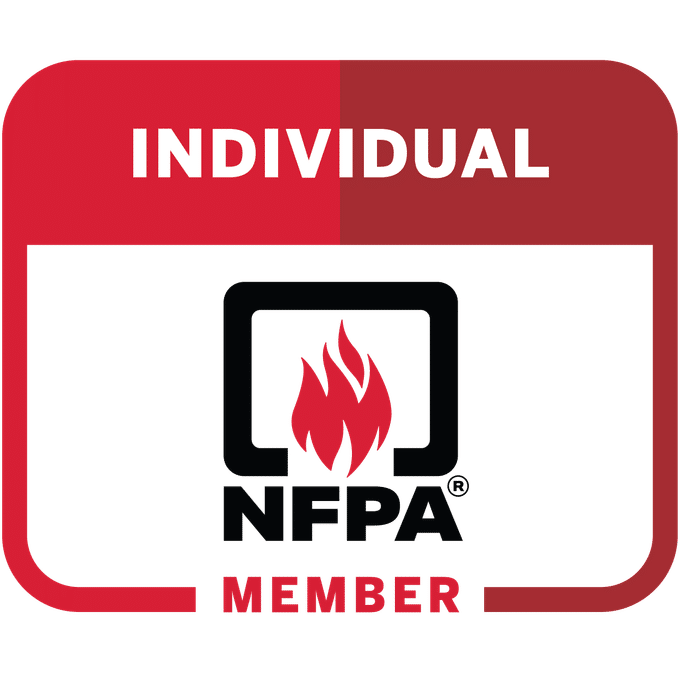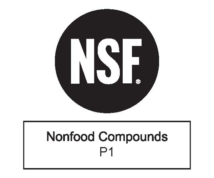GreenFire Wetting Agent / Multi Class Foam
Product Overview
Tested under NFPA 18 Wetting Agent guidelines per the UL 711 standard, GreenFire Wetting Agent has been proven to extinguish Class A and B fires in inner city settings and more. Contains no PFOS, PFOA, nor any family of toxic PFAS chemicals.
Classification
-
- Class A-B
- Effective on D, K, Li-Ion
Firefighting Industries:
Fire Prevention Industries:
-
- Public/Private Utility Service Territory hot work areas [High Fire Risk Area]
- Natural gas hot work areas
- Data communications hot work areas
GreenFire Wetting Agent is designed for use in:
-
- Fire Engines
- Foam Tenders
- Compressed Air Foam System (CAFS)
- GreenFire Backpack Sprayer
- Mobile ATV Applicators
- Fire Sprinklers*
- Fire Extinguishers*
- Utility Service Territory Hot-Work Areas (HFRA)**
*Manufacturer approvals required
**Utility Hot-Work Dilution Ratio: 4:1-5:1
Product Information and Technical Data
Classification
GreenFire Wetting Agent is Class A-B
Effective on D, K, Li-Ion
PPE
No special protective equipment, precautions, hazards, or extinguishing media is needed when using GreenFire Wetting Agent.
Recommended Application Rates
CAFS (Compressed Air Foam System): 0.1% – 3%
Conventional Foam Nozzles: 0.1% – 3%
Physical Properties
Proportioning Ratio: 1%-6%
Specific Gravity: 1.06g/cc
pH: 6.8-7.6
Viscosity: ~36cP at 20°C (non-Newtonian varies depending on shear rate)
Shipping Specifications: 5 gal. (19 Liters.) 55 gal. drums (208 Liters.) 275 gal. Tote (1041 Liters)
Storage Temperature: 40°F-100°F
Surface Tension: 32 dynes/cm
Storage: For long term use make sure GreenFire Wetting Agent is properly maintained in the approved container and stored within the recommended range, there is no shelf life.
Please Note* – If freezing occurs, thawing and subsequent stirring will make the product completely serviceable.
Typical Properties
Nominal Use concentration: 0.1-3%
Specific Gravity@77F (25C): 1.06g/cc
pH @77F (25C): 6.8-7.6
Density: 8.51 lbs./gal.
Viscosity @77F (25C): ~34cSt (non-Newtonian: varies depending on shear rate)
Shipping Specifications: 5 gal. (19 Liters.) 55 gal. drums (209 Liters.) 275 gal. Tote (1041 Liters)
Minimum use temperature: Maintain above freezing
Storage temperature: 40°F-100F (4.5°C – 38C)
Freezing point: 30°F (-1°C)
Appearance: Amber liquid
Hazards
GreenFire Wetting Agent is:
-
- Non-flammable
- Non-combustible
- Non-explosive
- Intrinsically flame retardant
- Non-Carcinogenic
- Non-Toxic
Environmental
GreenFire Wetting Agent is:
-
- PFAS Free
- Zero Haz-Mat clean up required
- Does not contaminate waterways
- Non-Carcinogenic
- Non-Toxic
- Zero VOC
- NSF White Book Listed
- Food environment safe
- USDA Recognized
- Eco friendly
Firefighting Applications
GreenFire Wetting Agent can be used for:
-
- Paper
- Wood
- Trash
- Petroleum or Alcohol-based fires
- Aircraft hangars
- Fuel storage
- Mechanical bays
- Equipment
- Any other materials or structures that could be at risk to fire
Recommended Applications
The 3% can be used with conventional foam equipment with fresh, sea or brackish water.
Self inducting foam nozzles and foam nozzles with In-line inductors are among the most common types of hardware for application.
In addition to its use in aspirating foam equipment, it can be dispensed effectively through non-aspirating equipment Including fog nozzles, water spray devices and standard sprinklers.
Is effective in sub surface injection systems for non-water-soluble hydrocarbons. Sub surface injection is safe and reliable for fixed protection of storage tanks.
Features
GreenFire Wetting Agent does NOT have a positive spreading coefficient and is therefore NOT considered an AFFF type foam.
However, its ability to form a stable foam blanket covering a fuel surface allows it to be used effectively in many applications where AFFF foams have previously been the standard.
Positive fire suppression and vapor control.
Proportions Readily: Permits use in a wide range or proportioning equipment.
Solution Stability: Solutions of GreenFire Wetting Agent do not present “transit time” limitations through handlines or in fixed systems.








